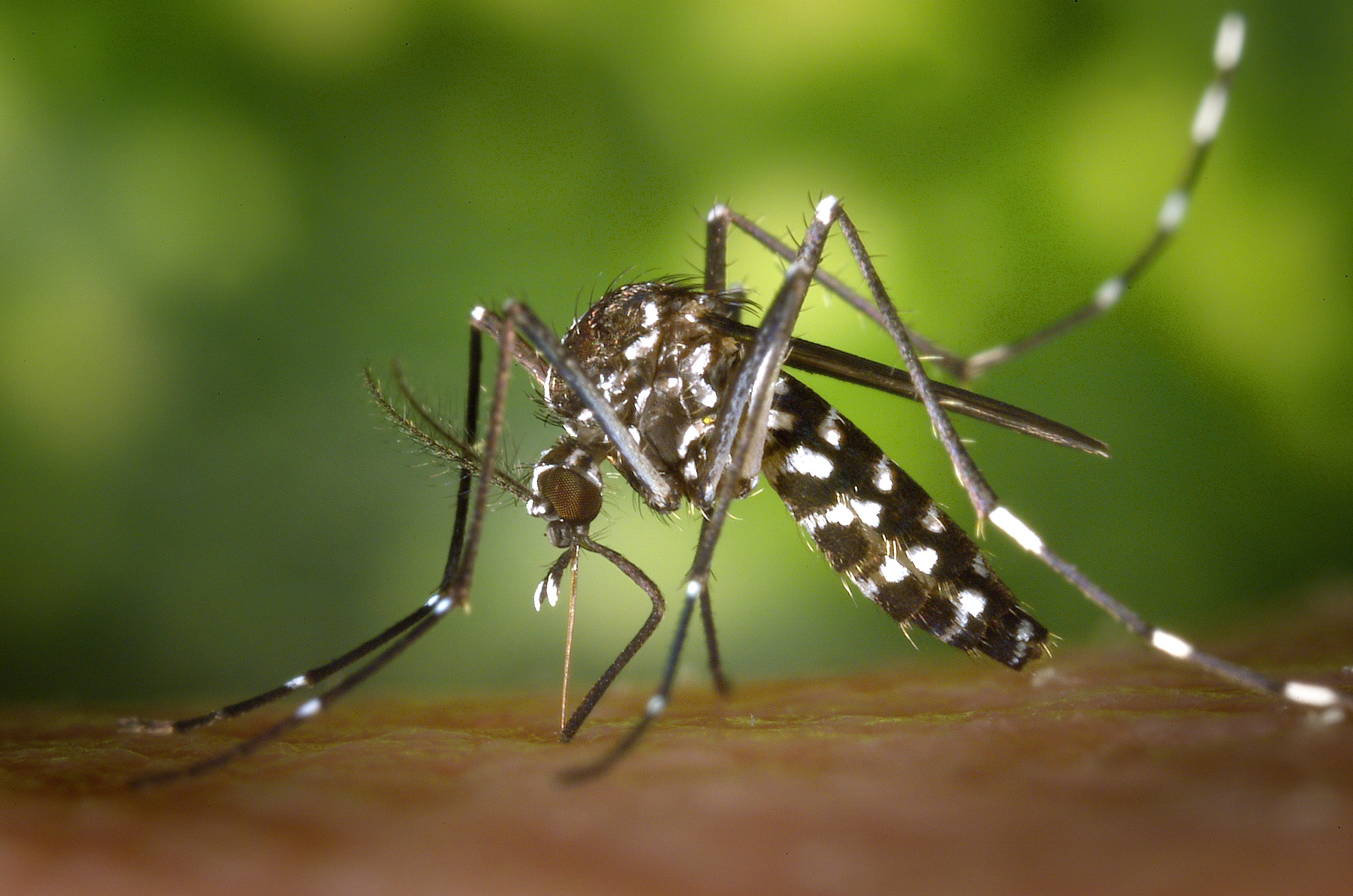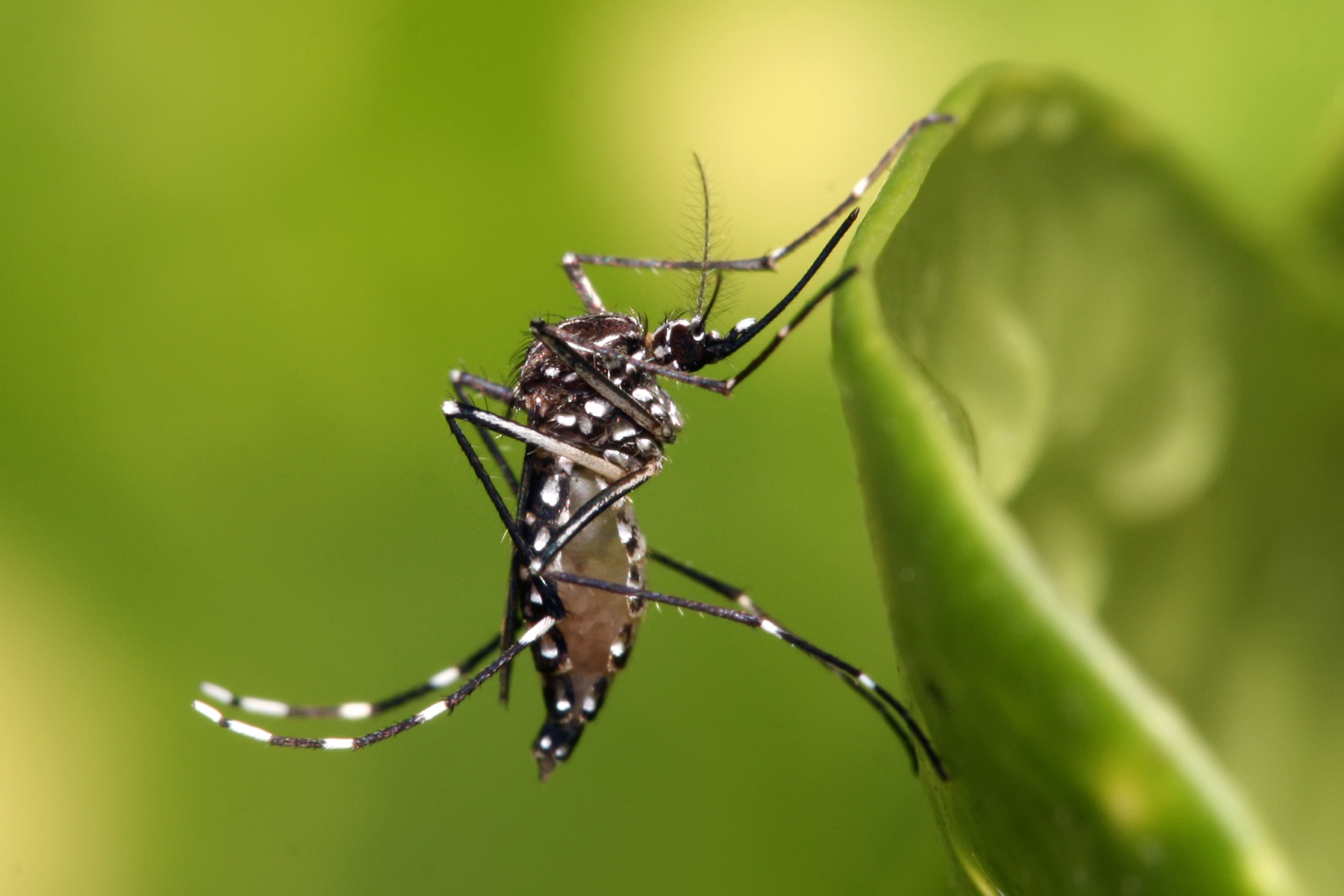RFP Staff
♦ According to the Center for Disease Control (CDC), Chikungunya, an incurable Mosquito-born virus is now in North Carolina and 3 other states: Florida, Rhode Island, and Tennessee.
Chikungunya was reported by health officials in nearby Forsyth County, N.C. This is North Carolina’s first ever reported case of the dangerous virus. Forsyth County Department of Public Health officials believe the patient was likely infected in the Caribbean.
Chikungunya is most often found in Africa, East Asia and the Caribbean where the CDC has observed the virus for several years, acknowledging it would someday arrive in the United States like West Nile virus did over a decade ago.
The CDC claims Chikungunya will soon be as prevalent in the United States as West Nile Virus. To date 41 cases are reported in the United States mostly in Florida. No vaccine presently exists–the best anyone can do is avoid mosquitos, a diffult task in the South.
According to the CDC, travelers from over a dozen Caribbean countries carry the disease into the United States. In those Caribbean nations an estimated 100,000 cases are said to exist.
The virus causes intense joint pain, arthritis-like symptoms, and a rash. It’s estimated by the CDC that between 25 to 28 infected travelers carry it to the United States each year from popular tourists spots in the Caribbean.
While the disease is generally not deadly, save for rare instances where elderly and very young individuals possess weakened immune systems, Chikungunya is extremely painful and debilitating and at times can set off spasms and involuntary muscular contortions.
On the upbeat side the United States is generally better at mosquito control than Caribbean countries, partly owing to air conditioning, superior public health, and better screening.
The first identification of Chikungunya took place in East Africa in the 1950′s. The U.S.’s ecological makeup, especially in the South and Florida with its tropical environment, supports the spread of mosquito born viruses like Chikungunya and West Nile.
The focus now is specifically upon the two types of mosquitos most likely to spread Chikungunya virus to human victims: Aedes aegypti and Aedes albopictus mosquitoes. These two mosquitos are unlike mosquitos that breed outside from dusk to sunrise. These mosquitos bite mostly during daylight hours. The females, of this species, survives 3 to 4 weeks and are capable of biting someone every three to four days.
Photographs of Aedes aegypti and Aedes albopictus mosquitoes
Mosquito control basics:
• Remove standing water, empty plastic pools, flower pots and pet water bowls perfect for mosquito breeding.
• Use mosquito spray if you go out and avoid tropical and wooded areas near water.
• Wear long sleeves and pants in known mosquito areas.
• Stay away from mosquito infested areas if you don’t want to attract trouble.
Symptom information from the CDC:
http://www.cdc.gov/chikungunya/symptoms/
Wikipedia:
http://en.wikipedia.org/wiki/Chikungunya


